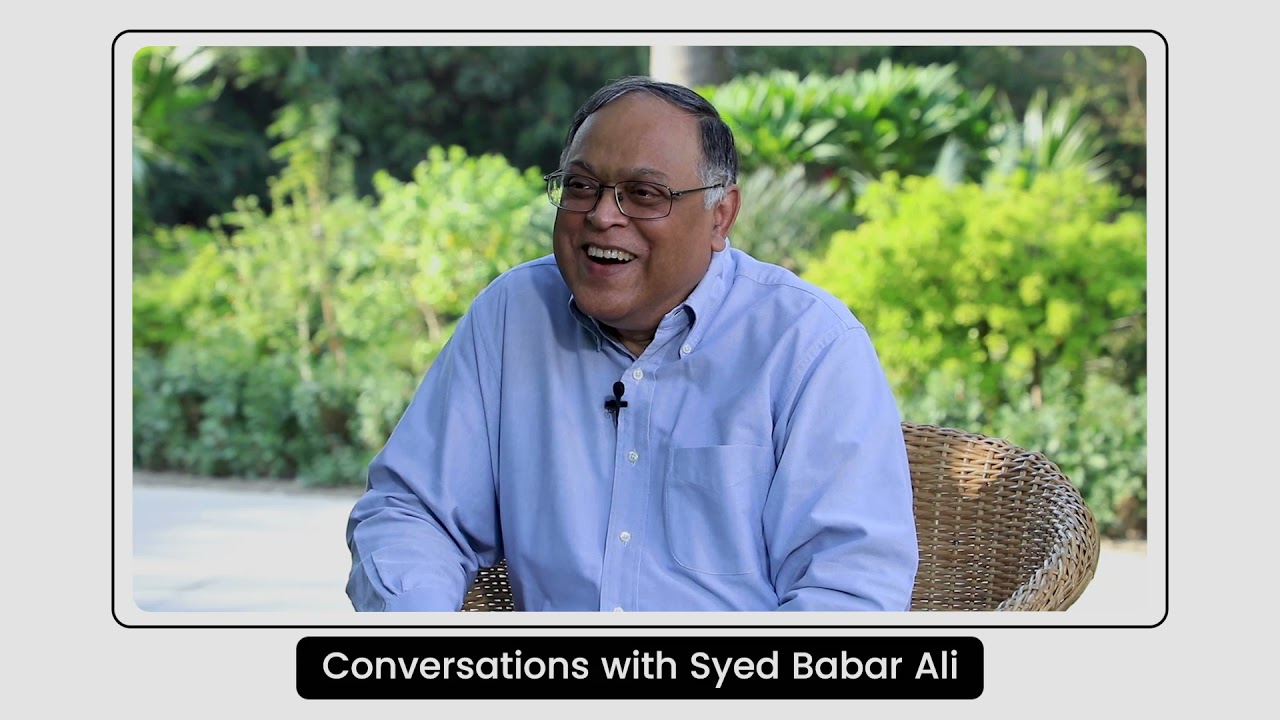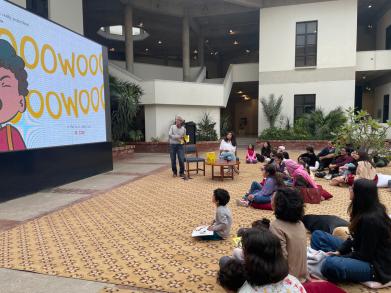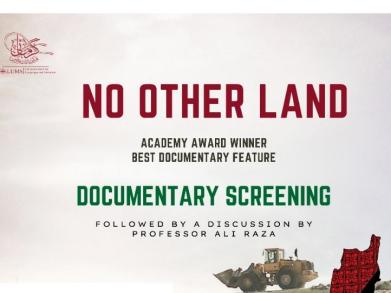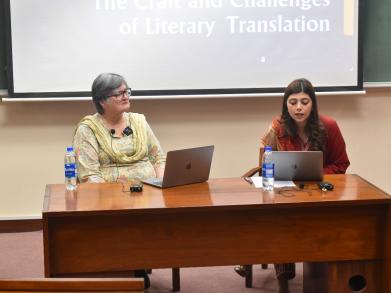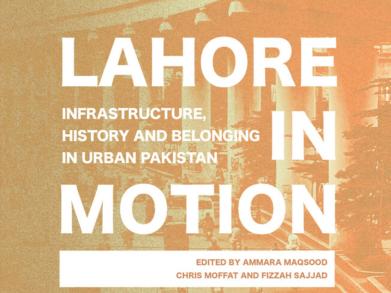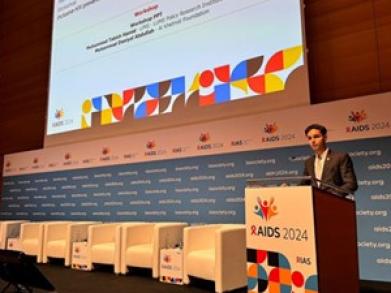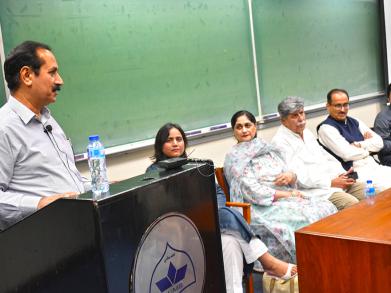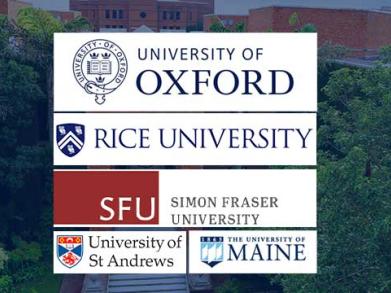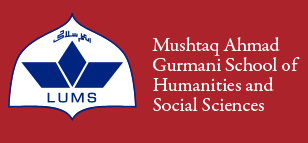
to
The Gurmani Centre for Language and Literature marked the commencement of its annual calendar with an illuminating session on contemporary Balochi poetry. Led by the esteemed Dr. Nasir Abbas Nayyar, a renowned scholar specialising in modern Urdu literature, and featuring insights from Dr. Jehanzeb Khan Baloch, a distinguished professor of history at LUMS, the event served as a poignant exploration of the cultural and political dimensions of Balochi poetic expression. This session notably marked the year's inaugural event for the Gurmani Centre, signifying a significant milestone in embracing Pakistan's rich linguistic diversity.
The main speaker, Dr. Zia Ur Rehman Baloch, an assistant professor at the Department of Pakistani Languages at Allama Iqbal University, captivated the audience with his comprehensive analysis of the evolution of Baloch poetry over the past four decades. Dr. Zia, also an acclaimed writer of Balochi prose, shed light on the link between Balochi poetry and the political consciousness of the Baloch people. He underscored its role as a vehicle for advocating social justice and resisting the domination and suppression of the Baloch identity by foreign occupying forces throughout history.
Dr. Zia also traced the trajectory of feminist and progressive discourses within modern Baloch poetry, emphasising its evolution in response to shifting socio-political landscapes. He highlighted pivotal moments such as 2005, which witnessed a notable shift in the themes and tone of Baloch poetry towards more serious and political subjects. Dr Zia further explored the emergence of female Baloch poets, noting a significant increase in their participation since 2005, reflecting evolving societal dynamics.
The session concluded with a poignant recitation of modern Baloch poetry by Dr Zia, featuring the works of Mubarik Kazi, a revered figure in the Balochi literary landscape. Mubarik Kazi's poetry, characterised by its resonance with the public and popularity even among non-Balochi speakers, served as a testament to the enduring power of Balochi poetic expression.
The event's interactive segment saw the audience actively engaging with the speakers, posing insightful questions about the stylistic diversity of Baloch poets and the existence of popular or comedic poetry within the Balochi tradition. Discussions also touched upon the unique characteristics of Baloch poetry compared to other local and traditional forms of poetic expression, highlighting its inherently political nature and distinctiveness shaped by the Baloch diaspora.
In his concluding remarks, Dr. Jehanzaib Baloch reflected on the historical significance of Balochistan, situated at the crossroads of great empires and characterised by its harsh terrain and tribal kinship structures. Despite these challenges, poetry remained a vital means of recording history and expressing political activism, underscoring its enduring importance in the region's cultural fabric.
In his discussion on the intersection of literature, arts, and politics, Dr Nasir Abbas Nayyar deliberated on the dual role of artistic expression as a pursuit of aesthetic pleasure and a tool for social commentary and change. The discourse explored the delicate balance between art for the sake of art and art for the sake of life, resonating with the broader themes of the session.
In a broader context, the Gurmani Centre's commitment to promoting regional languages and literature is exemplified by its recent endeavours. Last semester, the Centre took a significant stride by adding Balochi language and literature to its portfolio, recognising the importance of embracing linguistic diversity. As part of its vision and mission, the Centre aims to provide a platform for exploring and celebrating diverse linguistic and cultural traditions, fostering greater understanding and appreciation among scholars and enthusiasts alike. Moreover, to commemorate the inclusion of the Balochi language, a panel discussion on Balochi literature was planned to coincide with the announcement, serving as a forum for scholars and poets to share insights and celebrate this milestone. However, due to unforeseen circumstances, the panel had to be postponed. Nonetheless, commencing the new semester with a session dedicated to Balochi poetry underscores the Gurmani Centre's unwavering commitment to nurturing and promoting regional languages, reaffirming its dedication to inclusive and diverse scholarly pursuits.

